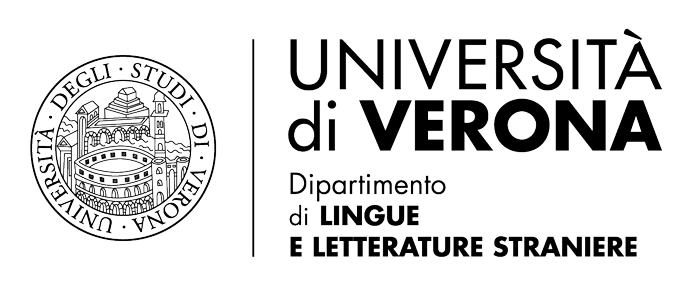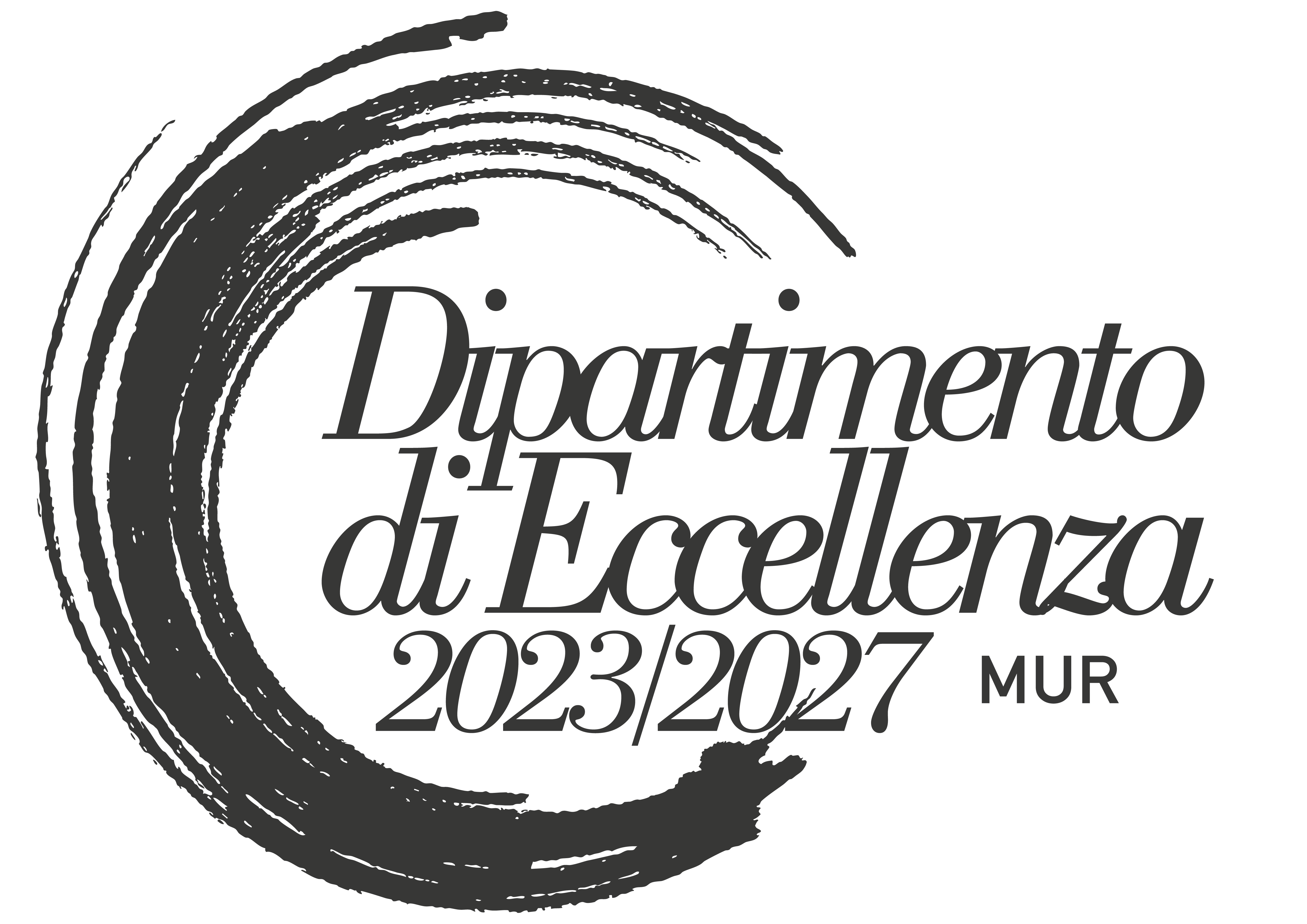Diversity, Inclusivity, and Accessibility in Digital Scientific Editions (DIA-DSE) seeks to respond to some of the goals set forth in globally relevant strategic agendas and plans that point to the idea that a knowledge society such as the one in which we live should develop an open model of science. Our project will investigate a traditional field of study in philology, namely editions, in their most recent development: Digital Scholarly Editions (DSE). Now that the number of resources has become considerable, the scope of DSEs as a critical representation of historical documents or texts that follow a digital paradigm raises the following questions: do DSE projects take Diversity, Inclusivity, and Accessibility (= DIA) into account? If yes, how much and how? To provide an answer, we will build a corpus of existing resources and we will attempt to assess their DIA-degree. To test the accessibility of the editions, specific tools will be identified to conduct evaluations. Guidelines provided by the W3C – Web Accessibility Initiative, will be used as basic parameters for testing the design of digital interfaces for use by people with (in)visible disabilities, and new guidelines for applying FAIR principles in editions will be considered (Gengnagel et al. 2022). Diversity as “a function of dissimilarity, which in the human and social realm can manifest itself in many different forms and dimensions” (EADH – Statement for Diversity and Inclusivity) and inclusivity, i.e. “a focus on representing and including people/groups who would otherwise be marginalized” (Martinez et al. 2019) will be assessed by examining other criteria: do DSEs represent marginalized subjectivities, languages, content, and cultures? Do they question and reconstruct a new canon in the digital medium or do they tend to reproduce the existing? After this initial data collection and analysis, a ranking of diverse, inclusive, and accessible resources will be defined. These initial results will be followed by a survey that will be disseminated within the scientific community and users, with the aim of opening discussion, raising awareness and gathering suggestions for the creation of DIA-DSA guidelines, which will be published at the end of the project. Alongside this, awareness will be raised among the community for the creation of accessible, inclusive and diverse resources, providing an example/prototype DIA-DSA resource that can serve as a virtuous model at the end of the PdE. A series of scientific initiatives such as seminars and workshops on building accessible, inclusive and diverse DSE will also be organized.
Group leader: Adele Cipolla
Internal members:
- Stefano Bazzaco
- Anna Bognolo
- Anna Cappellotto
- Stefano Neri
External members:
- Raffaele Cioffi (Università di Torino)
Actions: WP 1.3, WP 1.4
References:
Gengnagel (et al.) (2022). Criteria for reviewing the application of FAIR principles in digital scholarly editions. Version 1.1, https://ride.i-d-e.de/fair-criteria-editions/
Martinez (et. al.) (2019). “Refining our conceptions of ‘access’ in digital scholarly editing: Reflections on a qualitative survey on inclusive design and dissemination”, Variants 14, 41-74. https://doi.org/10.4000/variants.1070
Making the Web Accessible. Strategies, standards, and supporting resources to help you make the Web more accessible to people with disabilities https://www.w3.org/WAI/
van Mierlo (2022). “The Scholarly Edition as Digital Experience”, Textual Cultures 15, 1, Special Issue: Provocations Toward Creative-Critical Editing (Spring 2022), 117-125, https://www.jstor.org/stable/48687518


